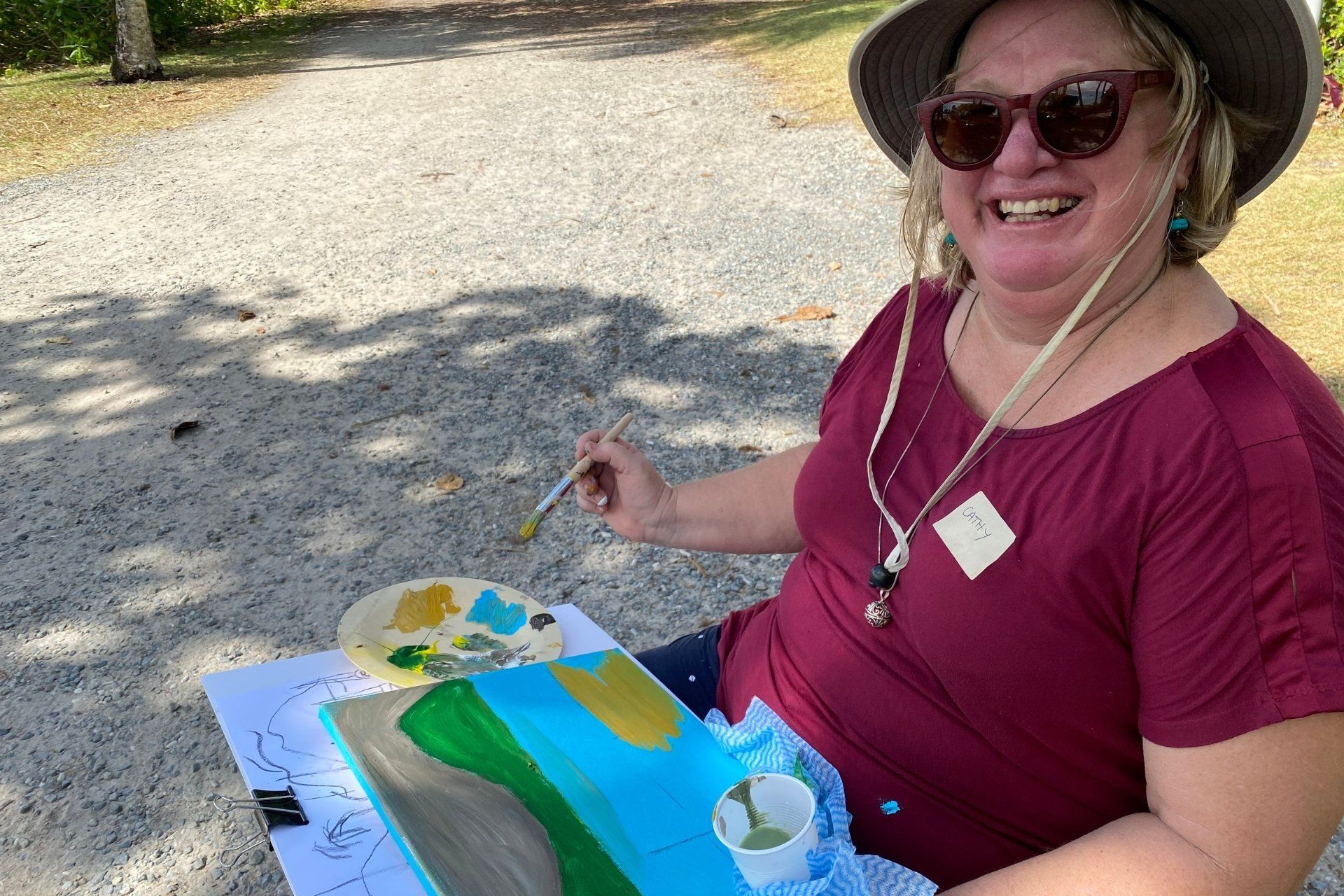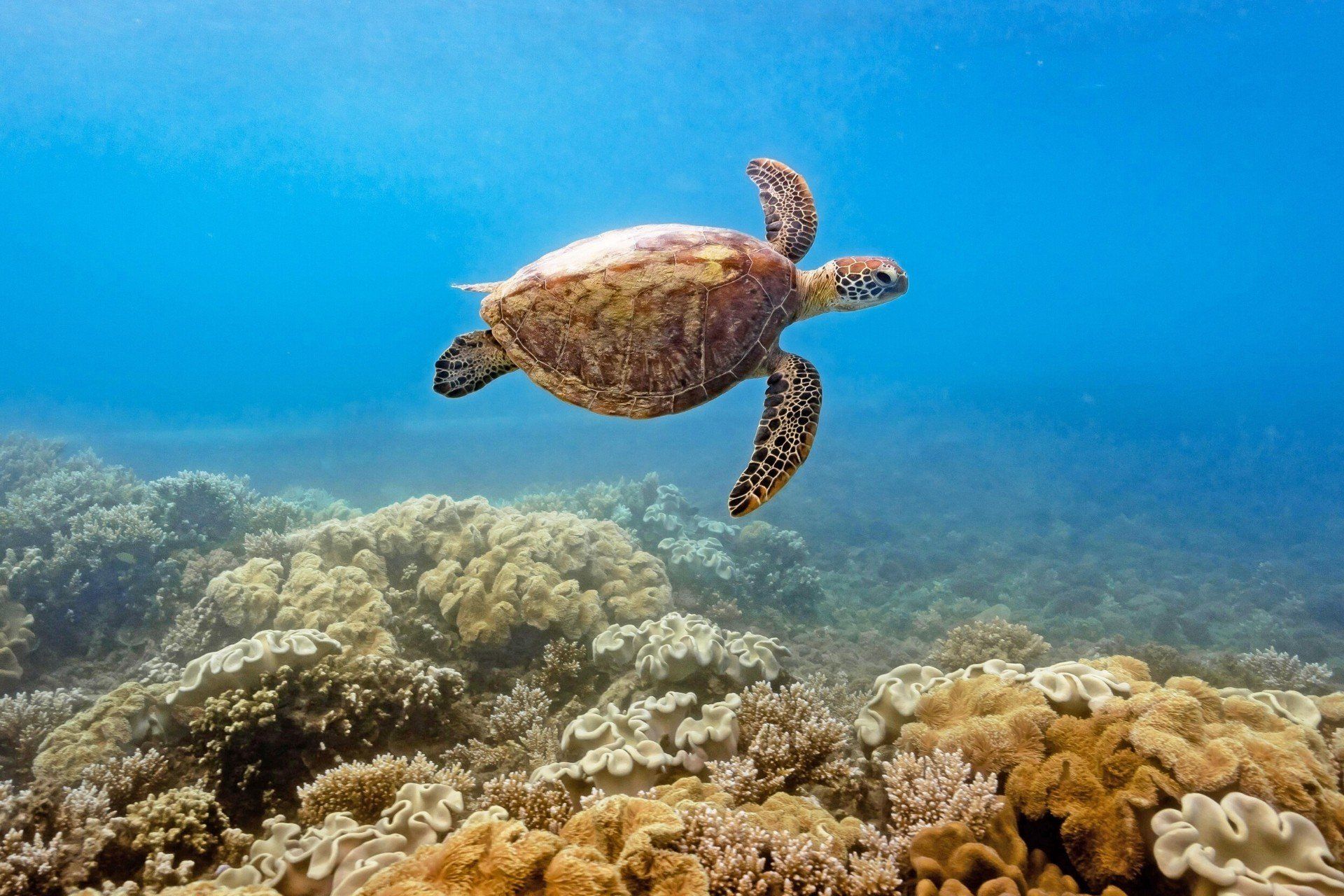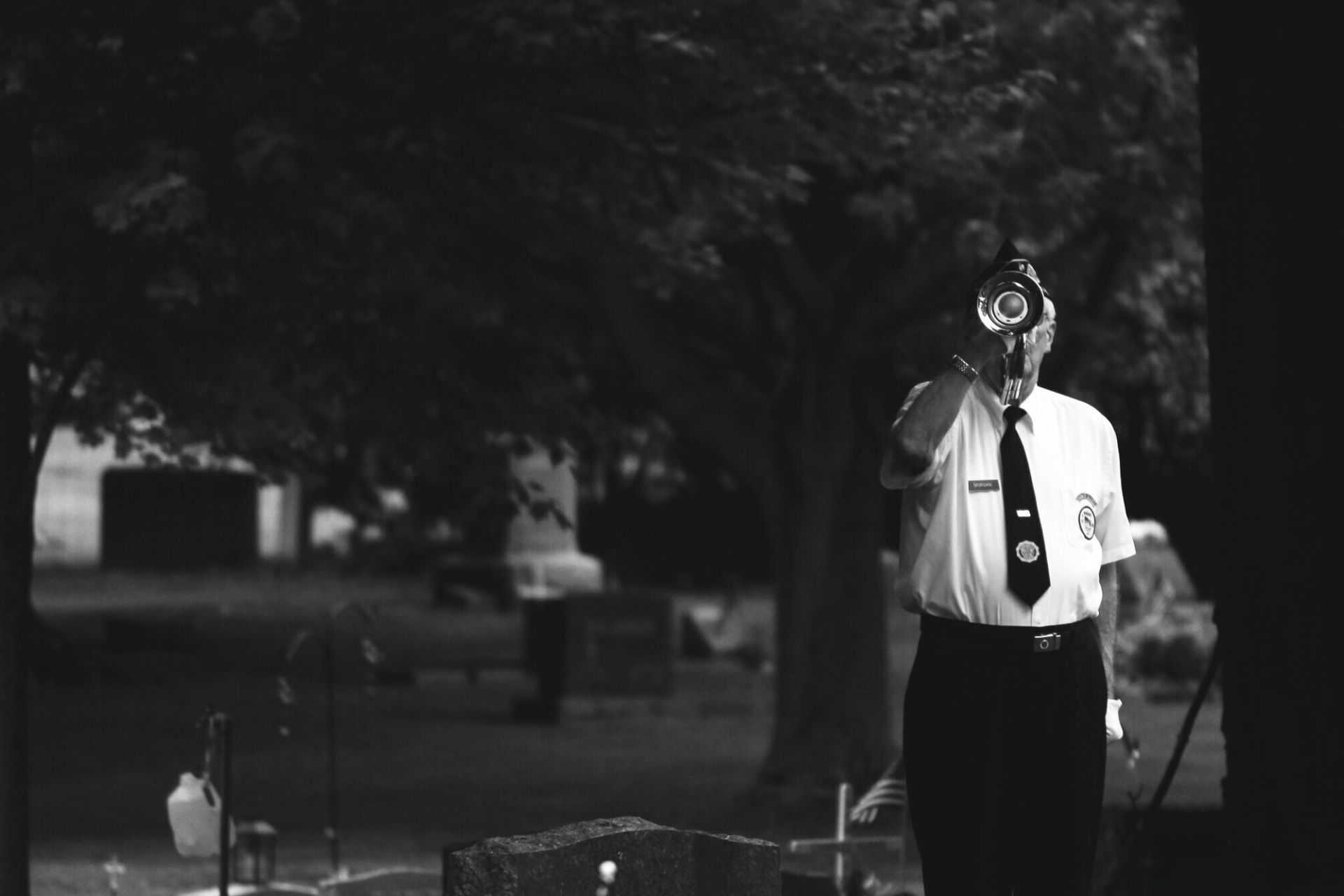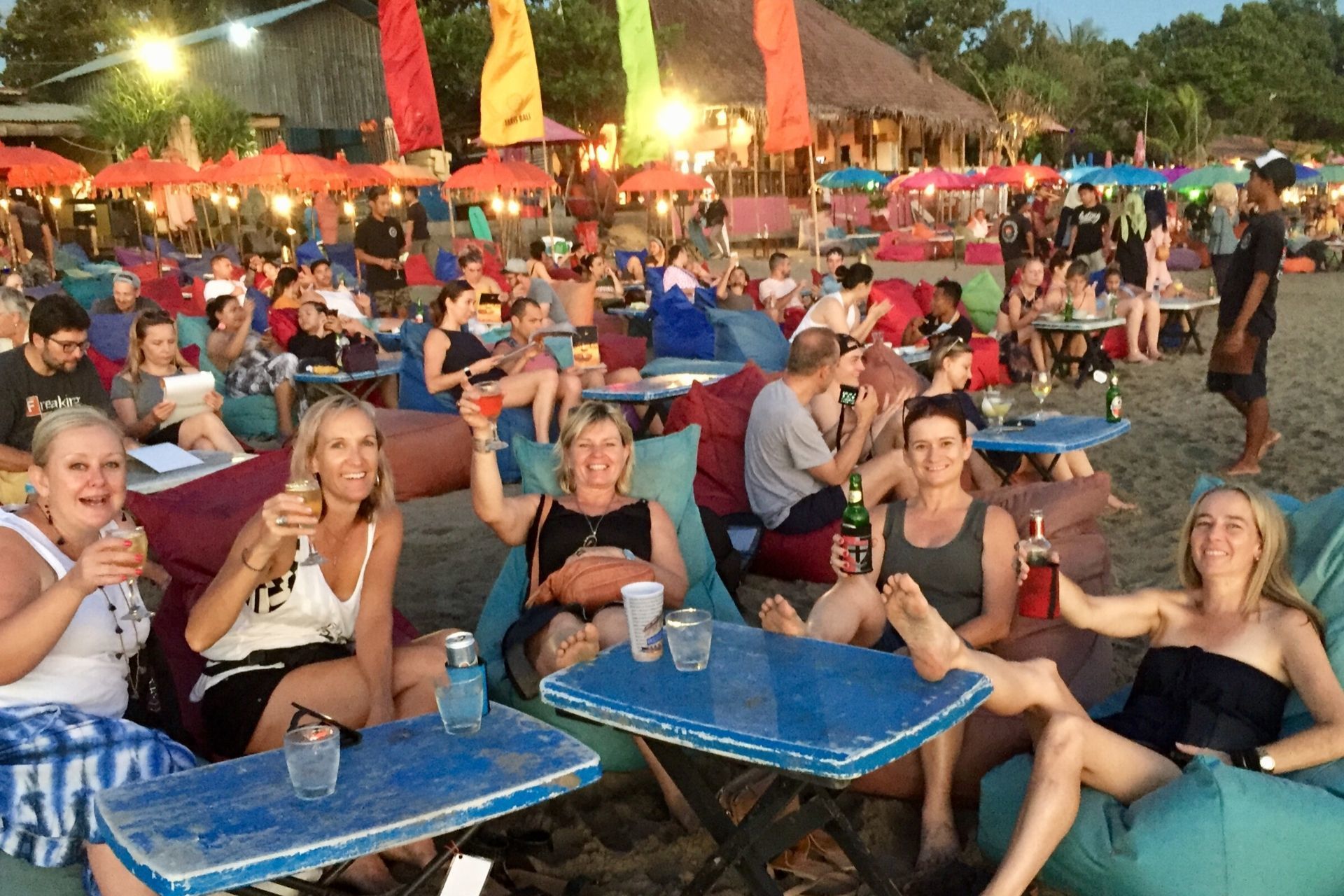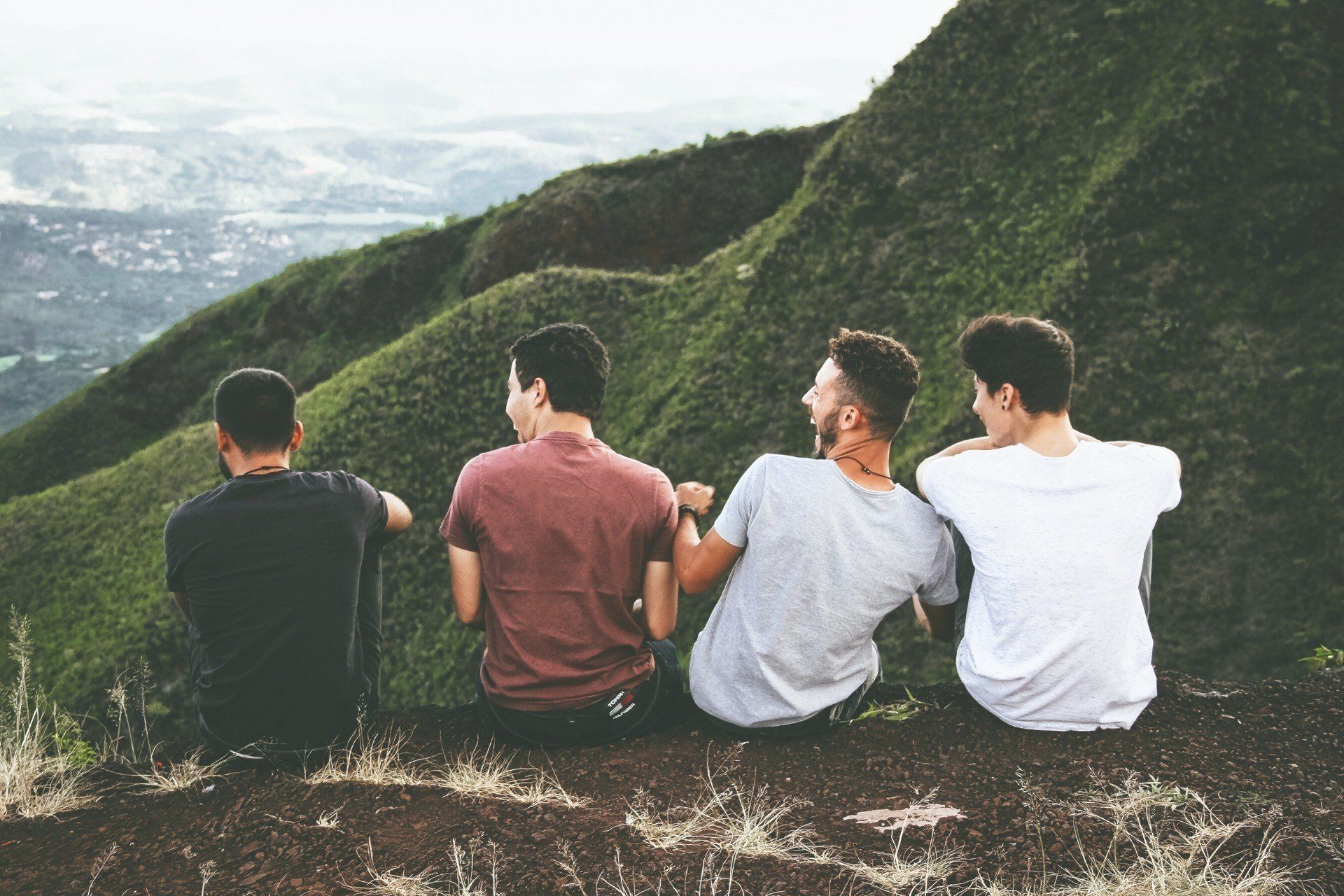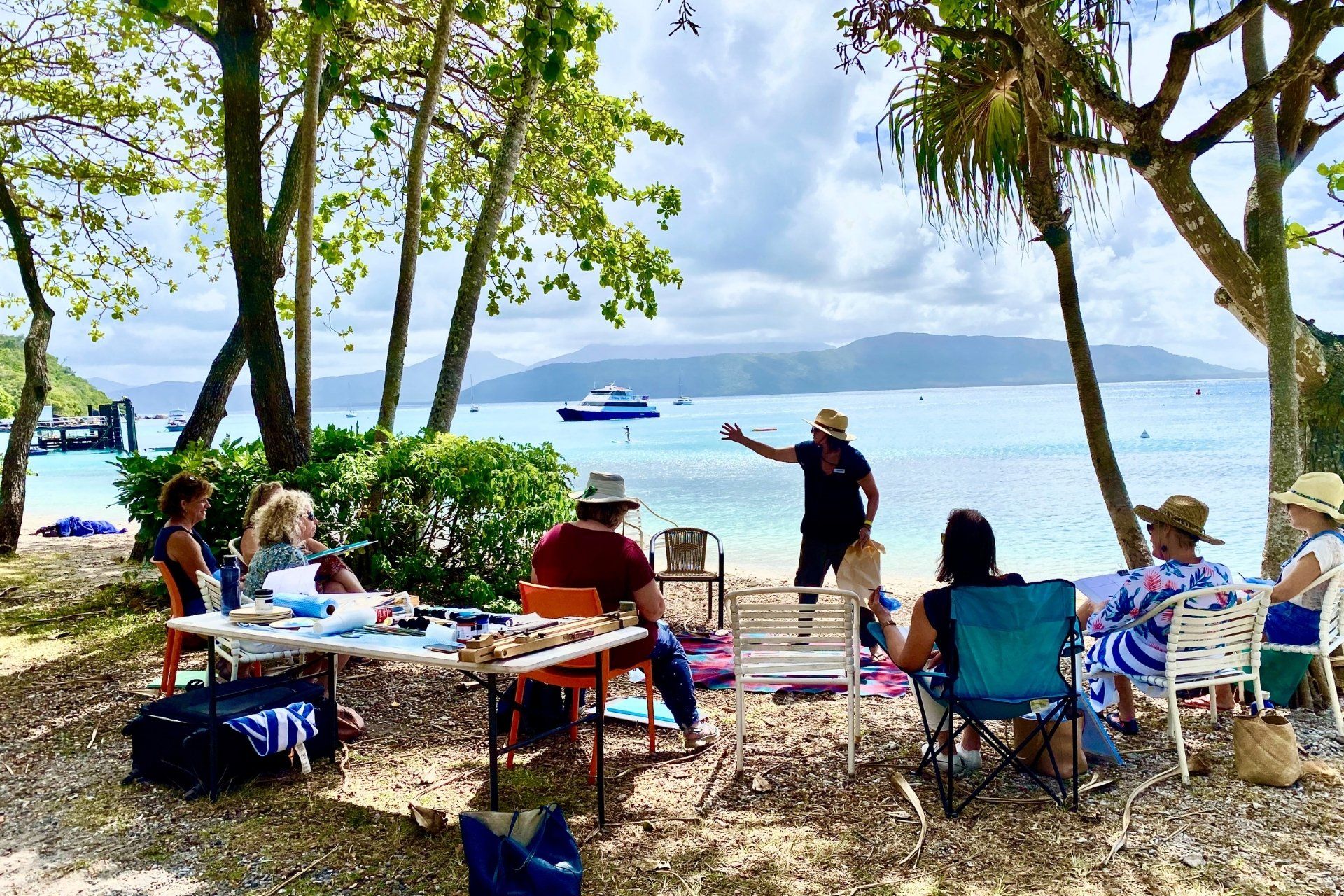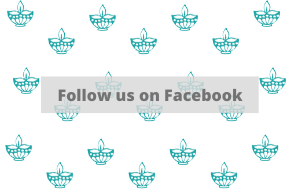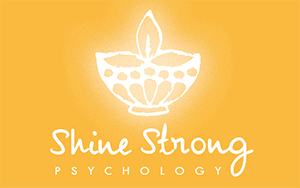
The magic of the Fitzroy Island retreat!
Take Time for Wellbeing retreat, which was held on 12th and 13th October, 2020
As I wave goodbye to all our retreat participants as their ferry departs Fitzroy Island I experience a huge wave of contentment and happiness at the realisation that the idea I had on my balcony 6 months prior became a reality. Fifty women sharing an unforgettable experience on an Island away from the pressures of life and COVID-19 .
The idea of the retreat came after reading some content on an website which is based on the research of positive psychology and it listed 7 pursuits of wellbeing. I contemplated what it would be like to introduce all 7 pursuits to a group of women on retreat and how that would work practically and so the planning began.
The pursuits are :
- Connection with others
- Spiritual meaning
- Psychical exercise and healthy food
- Mindfulness
- Knowing and operating from your unique strengths and values.
- Finding your Flow - which is something that challenges and excites us
- Giving Back
Photos
- Scroll down to see the photos or
- Check out the photos on Facebook
Day 1
So that’s how it all began and then on October the 12th at 9am as the ferry docked at Fitzroy Island and 50 women disembarked it became a reality.
Right from the onset the connection between these women were beginning to evolve as they excitedly walked off the pier to be met by the Wellness retreat volunteers. It was a pleasure to watch new friendships being formed from the very first moment.
The day started with spiritual meaning as we paid respects to the traditional owner’s past and present.
Then we moved onto psychical exercises on the resort’s lawns followed by mindfulness meditation whilst listening to the waves of the ocean close by.
What a beautiful and relaxing way to start the day.
This was followed by some healthy food for morning tea which included fruits, scones with Jam and cream and fresh tropical juices.
After morning tea, we were inspired by our inspirational speakers. On the first day it was a single Mum, Lesley Sutton who had found her flow in Mountain Bike riding after leaving a toxic relationship. She shared how she discovered a strength in herself she did not know she had as she went on to become a successful mountain bike competitor in many national and International races by using her strengths of commitment, determination and sense of purpose. She did acknowledge that she had to fight those negative thoughts that said “you’re not good enough for this” and Lesley did admit that some days those negative thoughts were tough to overcome as she trained and learnt this knew flow of mountain biking.
Day 2
The second day we were brought to tears by Alie Chadburn story of overcoming the death of a loved one. Her daughter died by suicide 6 years prior when she was only 13 years old. She shared her journey since this point and how she has been able to return from the brink of despair. She found her strength from being on water, a love that both herself and her daughter had shared. So Alie has gone on to honour her daughter by starting a paddle boarding tour company, WhatsSUP. She now connects with others doing her flow of paddle boarding whilst sharing her story, with the hope that others will draw courage in the knowledge that they overcome life’s pains and challenges.
These talks led onto a one-hour workshop led by me. The first day we talked about those negative voices in our head that prevent us from moving forward ‘I’m a failure”, “I will never succeed” and of course “I’m not good enough”. We heard how we could challenge these voices by exploring the evidence and starting with the words “I AM ENOUGH” Then we learnt how we the importance of identifying our personal strengths and weakness as this is the building blocks of self-confidence. If we are operating out of our weakness then we will confirm our negative self-belief of failure but if we operate from our unique strengths we will set our sail high to catch the wind on our life’s boat and our confidence with gather speed and momentum.
The seconds days’ workshop was on Value systems and how important it was to know your own as your values determine our reaction, decisions, and connections throughout your whole life. They are the rudder on your boat steering you in the right direction. We learnt how we can identify our own values and how important it was to honour the others around us that may have different values to ourselves.
By the end of these workshops everyone was hungry and moved onto a wonderful healthy lunch provided by Fitzroy Island chef at Zephrys restaurant. What a pleasure, great food, connecting with others whilst enjoying amazing views of the sparkling aqua coral sea.
Then after lunch the fun began with two hours of activities.
These activities were provided to introduce the women to different aspects of flow. So what is our flow or mojo, it is that unique state that we achieve when we are involved in an activity that excites us, challenges us and holds our attention. It can easily be found in activities such as music, sport or creative arts but can incorporate other activities such as travel or adventure.
So, the women had a choice of 6 different activities :
- Paddle boarding
- Kayaking
- Snorkelling
- Landscape painting on the beach front
- Drumming workshop on the beach front
- Macrame workshop
New and old friends
What a pleasure walking around the Island and witnessing the pleasure on these women’s faces as they engaged in the different activities on offer. Also watching others being challenged as they stepped out of their comfort zones and attempted something different.
Then the days ended back in our wonderful conference room in which the drumming workshop performed for us with their big djembe drums. Wow it was a goose bump moment both days with the sound of the big drums echoing through the resort. Then we contemplated the day and what was learnt and experienced from a participant’s point of view. What a pleasure.
On the final day as we came together to say our goodbyes to our new and old friends. We then incorporated the Give Back Concept as we thanked all of the volunteers that made this not-for-profit event possible. We gave them gifts and honoured them with our appreciation and then just like that it was over.
Save the date!
See you all for our next retreat in May and October 2021, please call Karen Dow 0406 932 918 for further details. We can’t wait to do it all again.
Karen Dow
See also:

